A collection of commonly used English ways to say goodbye
While “Goodbye” and “Bye” are the most commonly used farewell phrases, English offers a variety of alternative expressions that can make your goodbyes more engaging and meaningful. In this article, we explore different ways to say goodbye based on context, tone, and formality.

I. Understanding farewell expressions in English
Saying goodbye is an essential part of communication, whether at work, with friends, or in casual encounters. Although phrases like “Goodbye” and “See you later” are widely recognized, using a range of expressions can make your English sound more natural and fluent. Keep reading to explore diverse ways to say farewell!
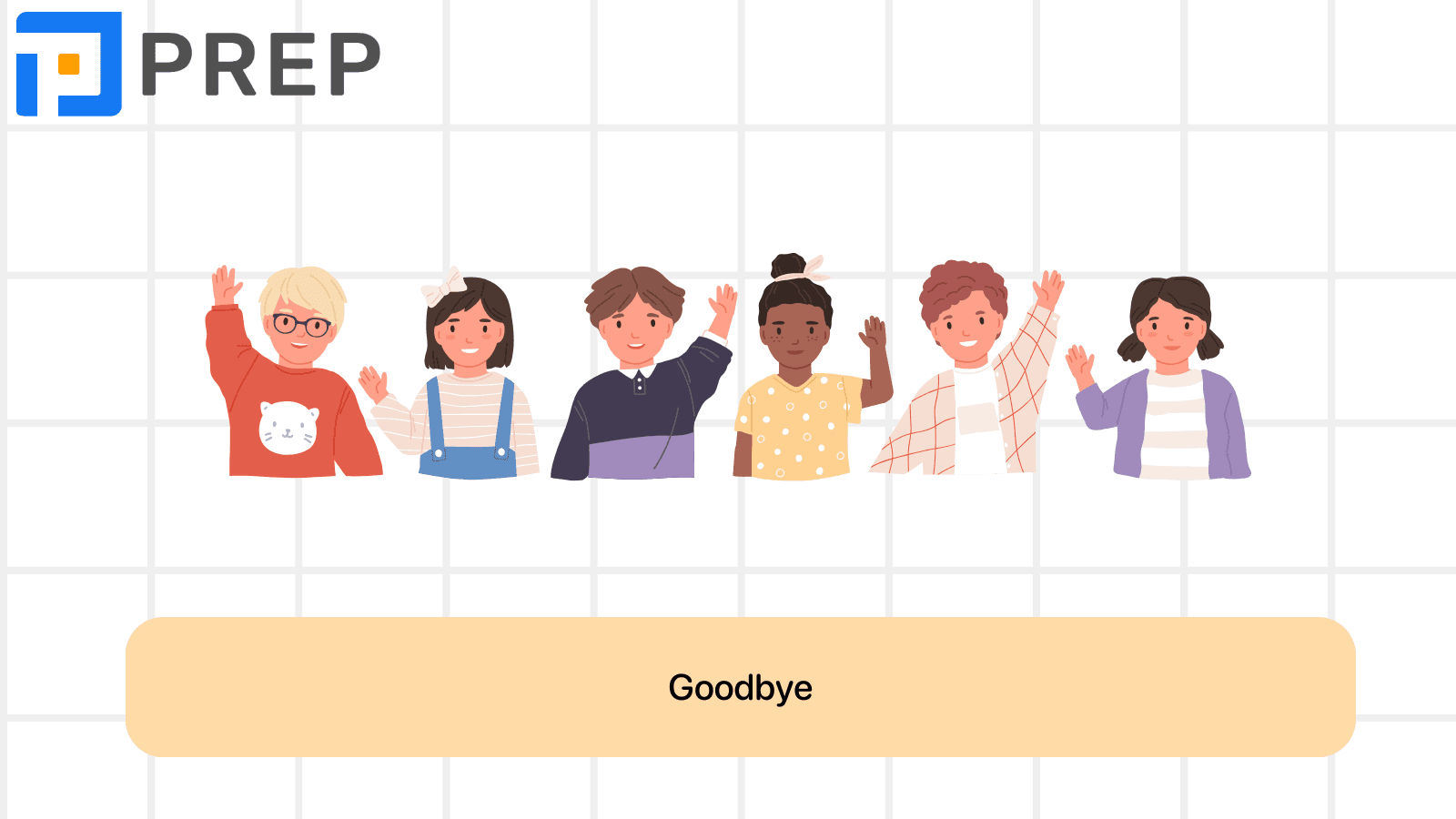
II. Common goodbye phrases in English
Here are ten of the best way to say goodbye in everyday English:
-
Goodbye!
-
Farewell!
-
Take care!
-
See you later!
-
See you soon!
-
Bye-bye! (commonly used with children)
-
Take it easy!
-
Catch you later!
-
Have a great day! (often used in morning farewells)
-
Until we meet again! (a formal and heartfelt farewell)
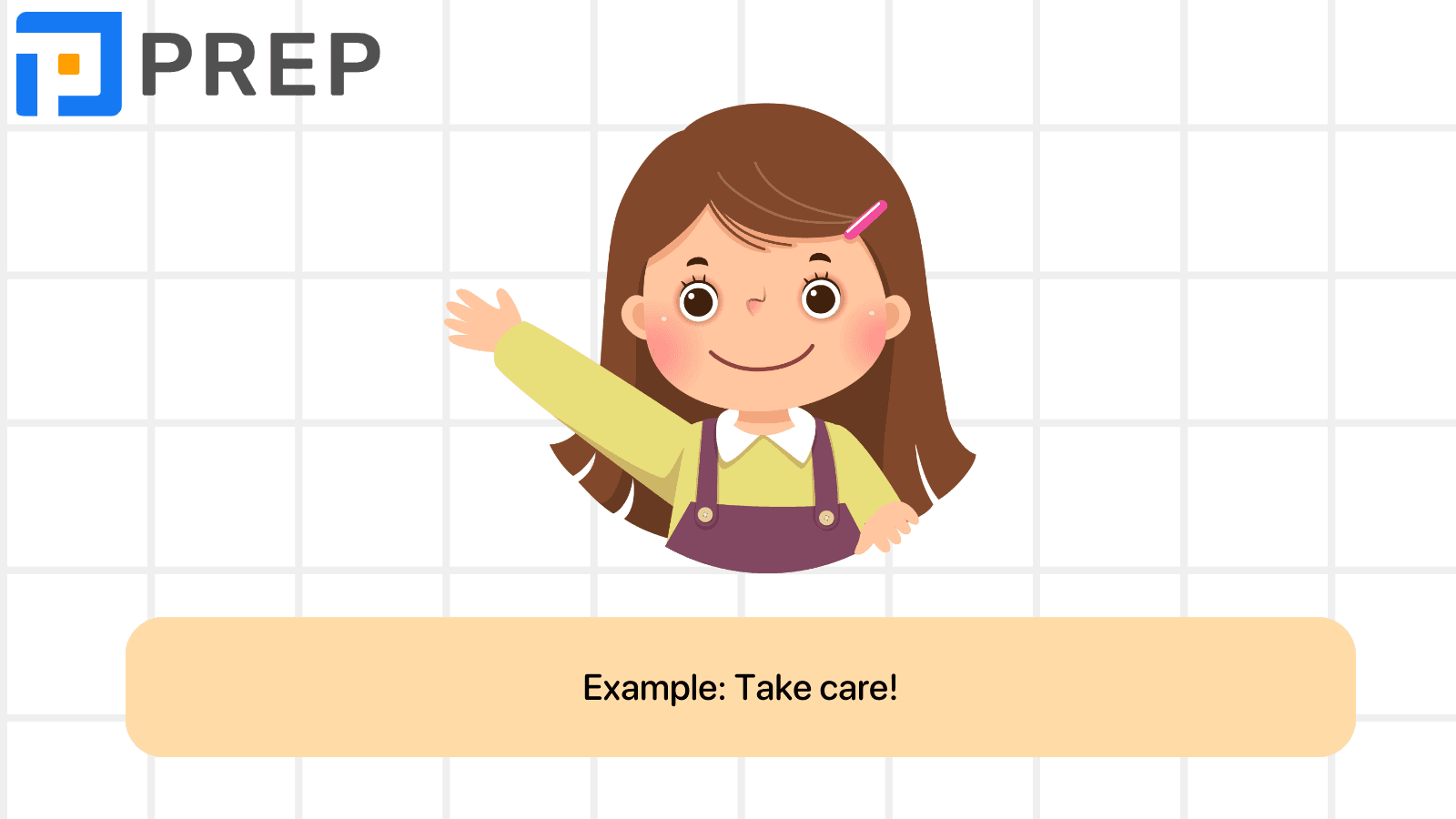
III. Best ways to say goodbye based on context
Different situations call for different ways of saying goodbye in English. Below, we’ve categorized farewell expressions based on their suitability for specific contexts.
1. Professional and formal farewells
These expressions are ideal for workplace conversations, business meetings, and professional settings:
-
Goodbye, and thank you for your time today.
-
It was a pleasure discussing this with you. Goodbye.
-
Thank you for your valuable input. Goodbye.
-
If you need any further information, don’t hesitate to reach out. Goodbye.
-
I look forward to our next meeting. Goodbye for now.
-
If there’s anything else I can assist you with, feel free to ask. Goodbye.
-
Wishing you a productive day ahead. Goodbye.
-
I appreciate your time and attention. Goodbye for now.
-
Should you require any further clarification, please don’t hesitate to contact me. Goodbye.
-
I’m looking forward to working with you. Goodbye for today.
-
If there’s anything I can do to assist your project, feel free to let me know. Goodbye.
-
Thank you for considering our proposal. Goodbye for now.
-
I hope our collaboration continues to be successful. Goodbye.
-
Let’s stay in touch. Goodbye for today.
-
Please feel free to contact me if you have any questions. Goodbye.
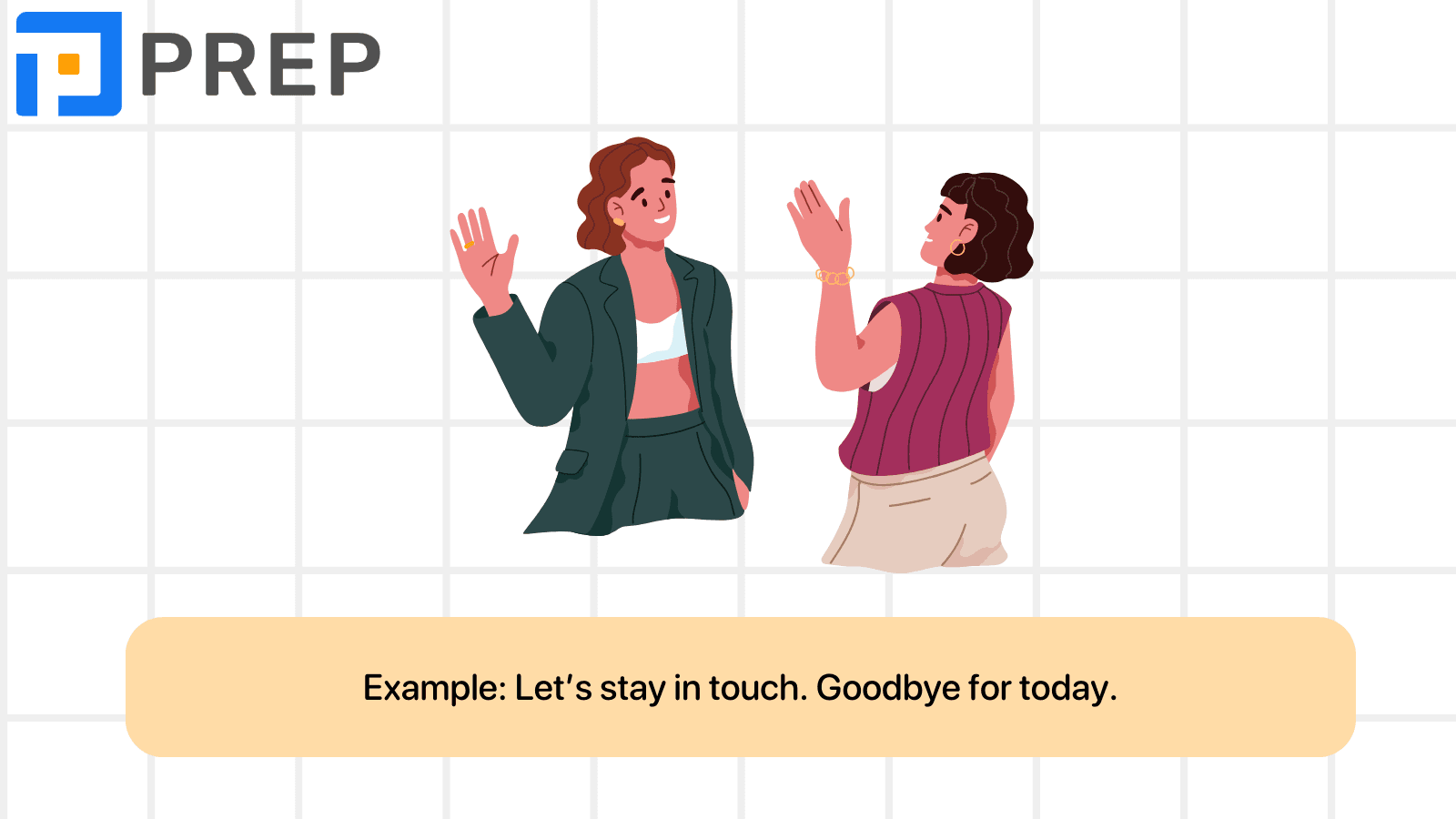
2. Casual and friendly farewells
These phrases are perfect for informal settings, such as conversations with friends, family, and close acquaintances:
-
See you later, alligator! - After/in a while, crocodile (a common response to the mentioned expression)
-
Take care, my dear friend!
-
Catch you on the flip side!
-
Bye-bye for now, buddy!
-
Until we meet again, my love!
-
Take it easy, pal!
-
See you soon, sweetheart!
-
Bye for now, my bestie!
-
Catch you later, partner!
-
Hugs and kisses, see you soon!
-
Until next time, my soulmate!
-
Goodbye, my dearest one!
-
Farewell, my lovely friend!
-
Take care of yourself, and I’ll miss you!
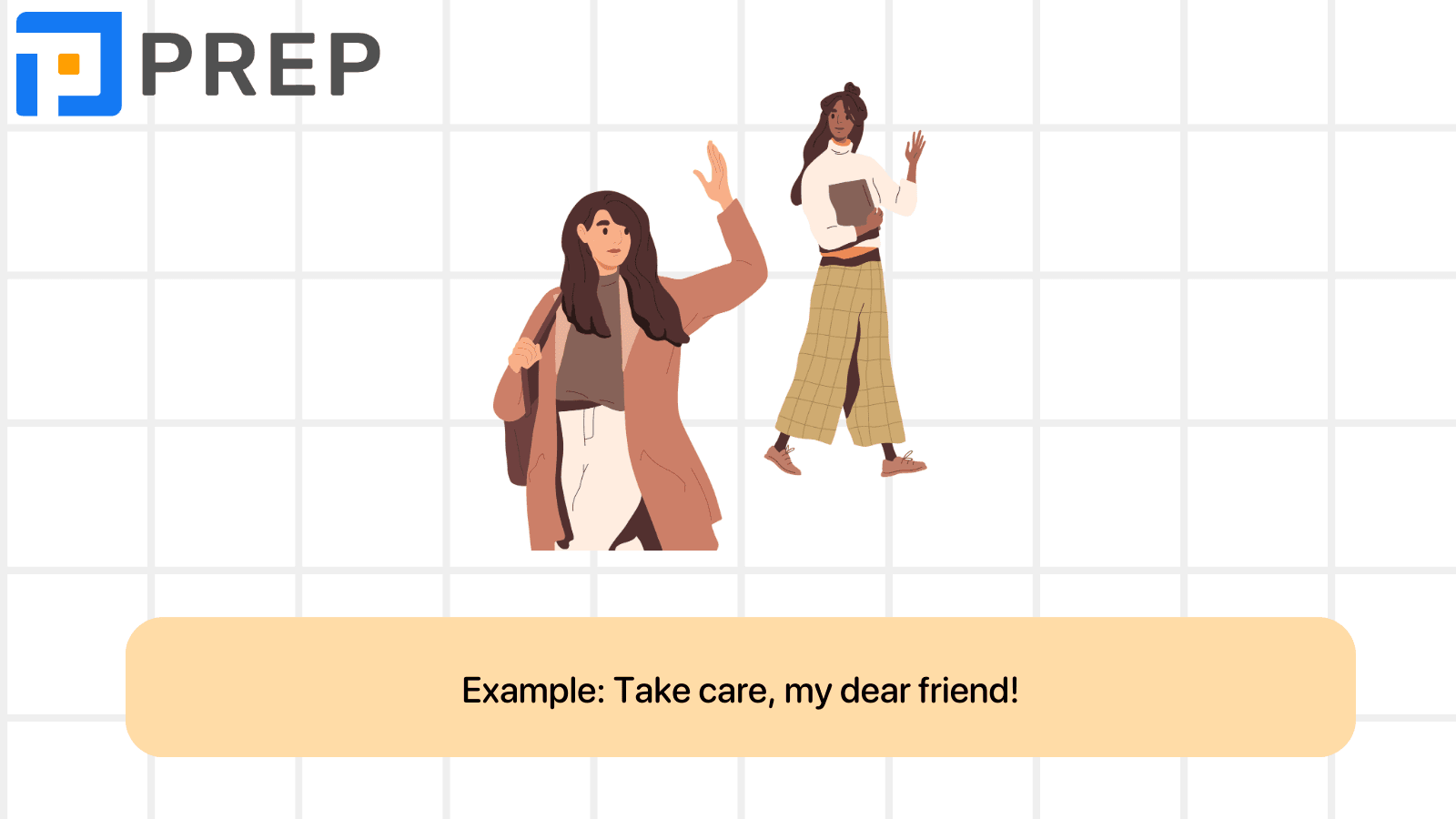
3. Slang and abbreviated farewells
Slang and abbreviations are commonly used in informal and humorous conversations. However, they should be avoided in professional settings.
-
B4N (Bye for now)
-
C U L8r (See you later)
-
GN (Good night)
-
TTYL (Talk to you later)
-
GTG (Got to go)
-
TTFN (Ta-ta for now)
-
CYA (See you again)
-
Laters!
-
Gotta bounce!
-
I’m out! / I’m outta here!
-
Smell you later! (A humorous way to say "See you later")
-
Cheerio! (A British informal way to say goodbye)
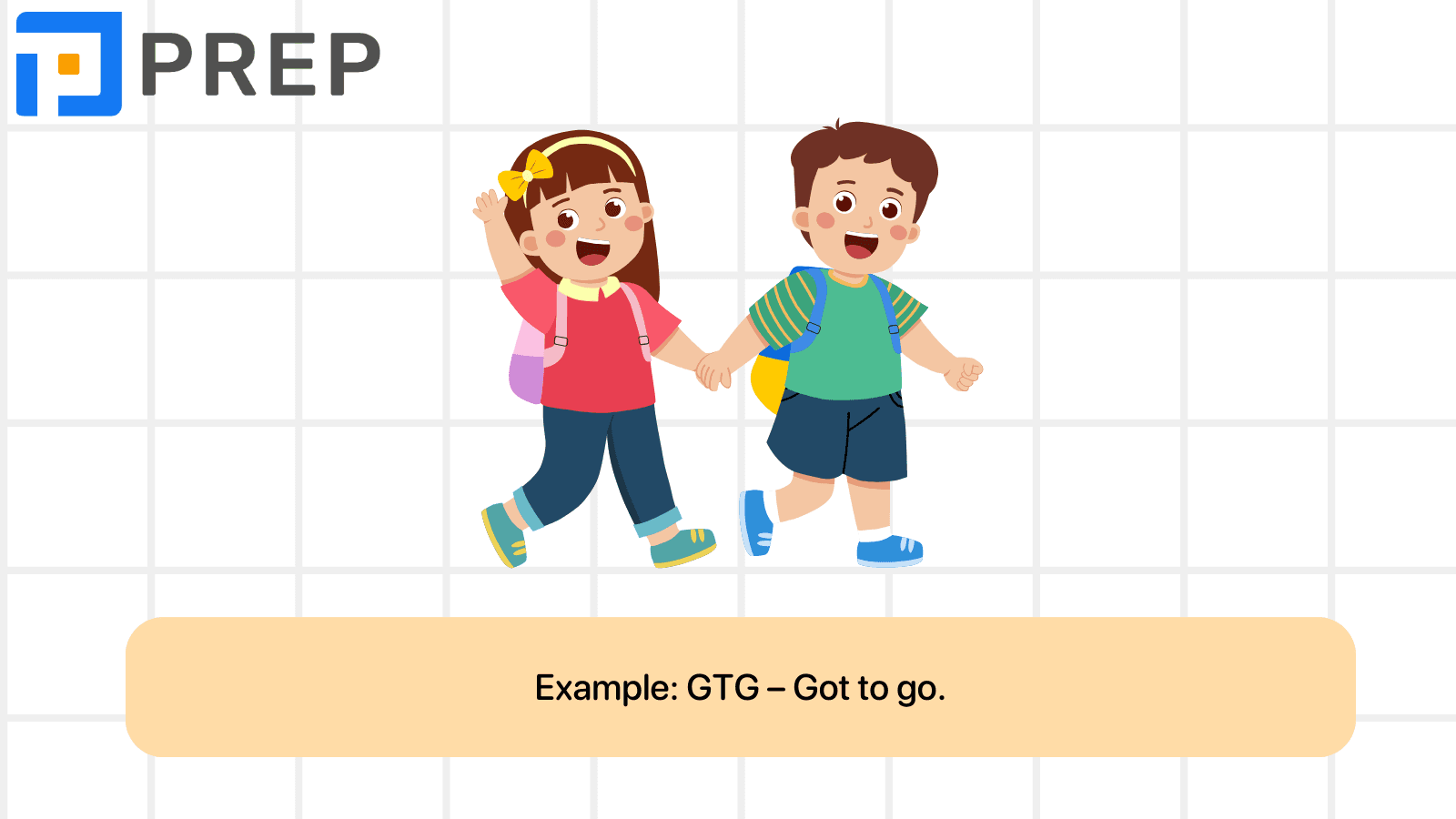
4. Ending a phone call
When finishing a phone conversation, these phrases can be used to politely end the call:
-
Goodbye.
-
Take care.
-
See you later.
-
Talk to you soon.
-
Thanks for the chat.
-
It was nice talking to you.
-
Have a great day.
-
Catch up with you later.
-
Until next time.
-
See you next week/month.
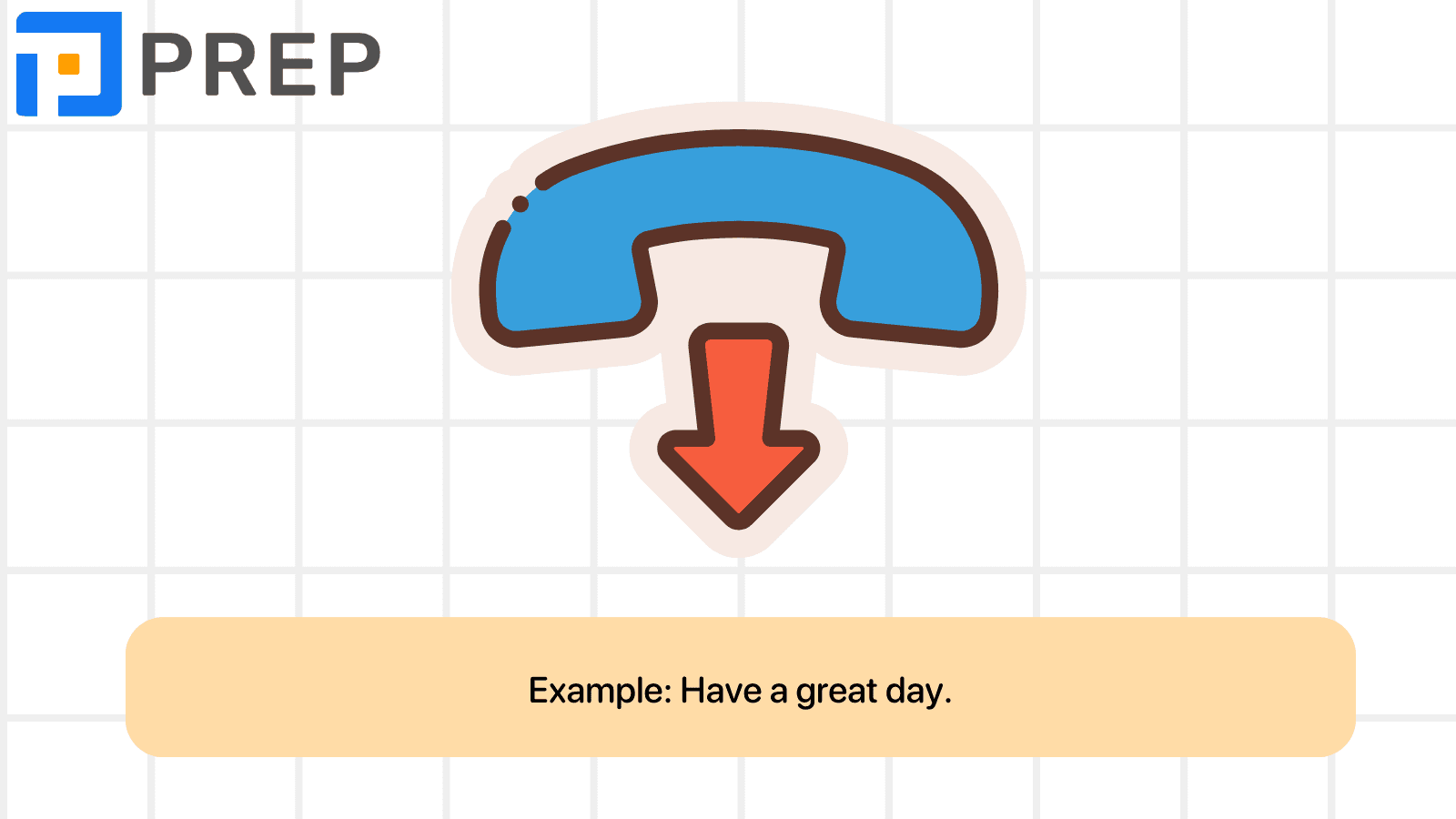
5. Closing an email or letter
In written communication, farewell phrases vary depending on the level of formality and relationship with the recipient. Here are some common options:
-
Best regards,
-
Sincerely,
-
Regards,
-
Warm regards,
-
Yours sincerely,
-
With gratitude,
-
Thank you and best regards,
-
All the best,
-
Take care,
-
Have a wonderful day,
-
Looking forward to hearing from you.
-
Wishing you the best,
-
Have a great week/month,

Mastering different ways to say goodbye in English allows you to adapt to various social and professional situations, making your communication more effective and natural. Whether you're engaging in a casual conversation, speaking in a professional setting, or writing an email, choosing the right farewell phrase can leave a lasting impression.

Hi I'm Chloe, and I am currently serving as an Product Content Administrator at Prep Education. With over five years of experience in independent online IELTS study and exam preparation, I am confident in my ability to support learners in achieving their highest possible scores.
Comment
Premium content
View allPersonalized roadmap
Most read












